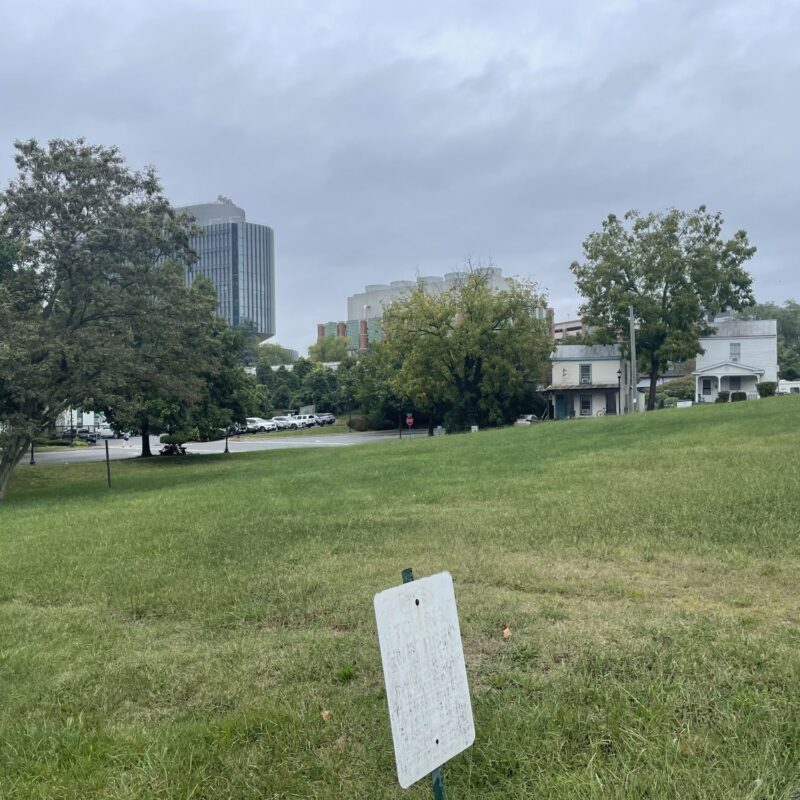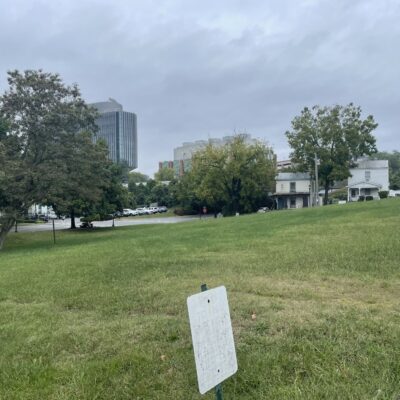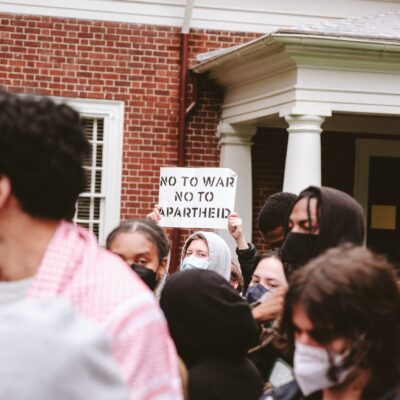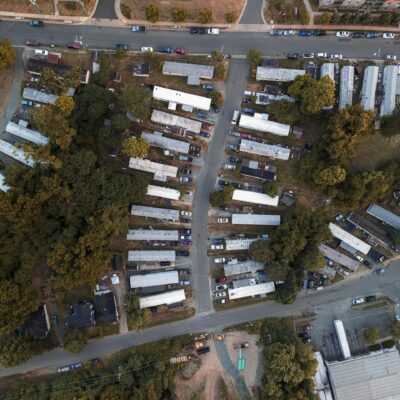“This is a huge win for the courageous workers who brought this lawsuit, really by any measure,” says Tim Freilich, Immigrant Advocacy Program director at Legal Aid Justice Center, visibly pleased.
|
Thanks to local efforts from Legal Aid’s Tim Freilich (pictured) and many others, Arkansas’ Superior Forestry Service will pay a total of $2.75 million to settle a class action suit filed on behalf of more than 2,200 guestworkers. |
Freilich, along with the Legal Aid Justice Center, the Southern Poverty Law Center (SPLC), Farmworker Justice and others, brought a class-action suit on behalf of more than 2,200 foreign guestworkers who say they were cheated out of their wages and exploited by a forestry company.
Arkansas-based Superior Forestry Service, Inc. will pay a $2.75 million settlement over two years for the suit that was initially filed in 2006, making it one of the largest reached under the Migrant and Seasonal Agricultural Worker Protection Act. The settlement also guarantees that Superior will follow the Fair Labor Standards Act in the future.
“In the sense that’s against a labor contractor as opposed to some other large employer, is pretty significant,” says Jim Knoepp, who worked on the case with Freilich first at Legal Aid and then at SPLC.
Guestworkers in the forestry industry are paid between two and three cents per tree that they plant, says Freilich. “A worker has to plant thousands of trees a day in order to make even a basic wage,” he says.
An employer who wants to bring guestworkers from other countries has to certify to the Department of Labor that no workers in the U.S. are willing to do the job. Guestworkers travel around the southeastern United States working many hours a day, living in “dumpy hotels,” planting trees in all weather conditions for sometimes less than minimum wage.
“The guestworker program is severely troubled in the U.S. right now, and that results in, unfortunately, some employers bringing in guestworkers and then treating them as anything but guests,” says Freilich.
In the Superior case, attorneys found that the workers were not paid for extra time spent loading trees and seedlings into vehicles, among other things. “It was clear that something else was going on,” he says.
Guestworkers represented in the lawsuit entered the United States legally under the H-2B visa program and were recruited by Superior from Mexico and Central America.
The H-2B visa allows employers to add seasonal workers to their labor force and caps it at 66,000 per year. However, according to a SPLC 2007 report titled “Close to Slavery,” 120,000 workers were recruited in 2005.
Throughout the lawsuit, Superior was held in contempt of court three times for intimidating workers from joining in the suit—including a count Freilich witnessed first hand. During a meeting in Tlaxiaco, Mexico, geared toward sharing information about the suit with local workers, Freilich says Superior’s main recruiter was present.
“There was no justifiable explanation for his presence in the plaza that morning,” he says. “And it was clear from the location that he’d chosen…that he was there to monitor the meeting and I think to intimidate folks from participating in the meeting.”
Although this suit was a successful one, Freilich says it’s not always the case. “We have another [case] ongoing right now that we are working on that’s really going well, except that the company doesn’t have the money anymore to pay what’s owed,” he says. “It’s a pretty hollow victory.”
Yet, Freilich says the Superior victory is meaningful.
“One of the most satisfying parts of my job is seeing a group of workers who know that they have been mistreated come together, defend their rights and find at least a little piece of justice,” he says.
C-VILLE welcomes news tips from readers. Send them to news@c-ville.com.






